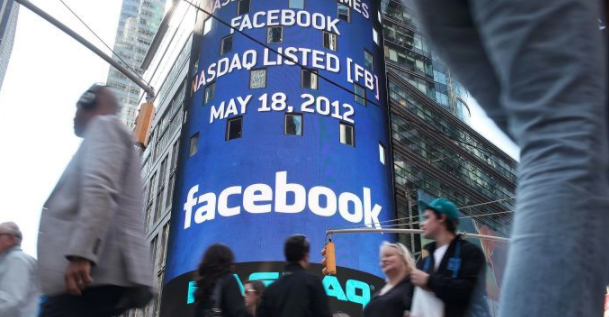
"We can't influence the direction of technology, but we can influence its character," says Kevin Kelly, founder of WIRED, in a recent interview with Krista Tippett.
A quarter-century ago, financial derivatives technology, enabled by the emergent technology of distributed computing, was about to transform finance and global capital markets forever.
The rise of derivatives technology made profound contributions to the global economy, from a revolution in genuine risk management for banks, businesses, and governments, to mass efficiencies that resulted from linking global capital markets which reduce the cost of capital for productive investment.
The technology also, in part, enabled and most certainly exacerbated the financial crash of 2008, with extreme adverse consequences still pulsing through the real economy-consequences that have destabilized the democratic liberal order of the Western world.
During the formative years of derivatives technology, we on Wall Street argued earnestly that responsible self-regulation of derivatives would enable innovation to unlock the potential efficiencies and resulting economic prosperity that was the promise.
Undue government regulation, no matter how well-meaning and thoughtfully crafted, would impede innovation that this technology made inevitable.
Furthermore, there would be unintended consequences "worse than the disease."
We were wrong.
It turns out that the character of Wall Street, reflecting on the insight Kevin Kelly shared in his Krista Tippett interview, was not up to the challenge.
Derivatives were hijacked by reckless speculators, manipulators, and, in certain cases, outright fraudsters.
Derivatives, as a result, is now a dirty word.
Far more than financial derivatives, social media brings the promise of immense social welfare through previously unimagined connectivity and the network effect, which makes each social platform exponentially more valuable as more people and organizations join it.
Like derivatives in the early years, social media as a technology is largely unregulated.
As with derivatives, this is in part because would-be regulators struggle to understand it, much less keep up with its rapid evolution, and its many uses and abuses. Will social media become the derivatives of tomorrow?
|
 |
The Latest From the Field Guide
By Susan Arterian Chang
|

Billings Forge Community Works
What happens when a foundation decides to go deep with its mission and make a direct investment in a community at risk?
Melville Charitable Trust decided to make such an investment -- one unlike any other it had previously contemplated. It purchased a building in Frog Hollow, a disinvested, at-risk neighborhood in Hartford, CT. It was a deliberate decision on the part of the Trust to explore how its work to end homelessness could translate into direct, preemptive action on the ground.
After experimenting with different approaches and strategies, the Trust found success, under the dynamic leadership of Cary Wheaton, by focusing on areas where it could have the most impact and make a real difference in the lives of people of Greater Hartford: culinary job training, social enterprise, and food access.
|
|
|
Project 61 recently stopped by the Capital Institute offices to sit with John and discuss the importance of nurturing interdisciplinary collaboration, what we call the Edge Effect.
|
This new, must-read report to the Club of Rome from Ernst Ulrich Von Weizsacker and Anders Wijkman was created as a follow-up to the landmark "Limits to Growth" (1972). Come On! aims to account for new challenges in changing times, including disruptive technology, the crisis of democracy, irresponsible financial markets, climate change and reaching global Sustainable DevelopmentGoals.
|
"New technologies (and ideas) are developed only when people of power and wealth back the development.
In other words, the new technologies will be in the image of the system that brings them forth, and they will reinforce the system."
- E.F. Schumacher
|
|
 |
|